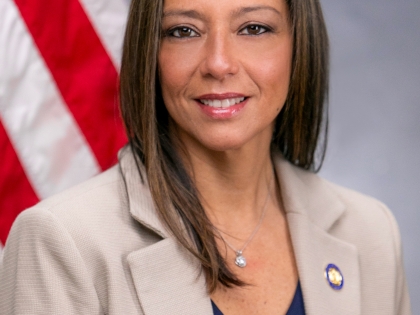
New York Adopts Legislation to Fight Organized Shop Thefts; Protect Workers
May 6, 2024

New York has enacted sweeping legislation that protects retail workers and businesses from the consequences of organized retail theft. These changes were advocated by Governor Kathy Hochul and supported by State Senator Monica R. Martinez. The package of protections included in the recently adopted FY25 State Budget:
- enhance penalties for assaults on retail workers, upgrading the offense from a misdemeanor to a felony. Under the new law, individuals inflicting physical harm on retail workers during the course of their duties will face felony charges.
- enable prosecutors to consolidate the value of stolen goods when pursuing larceny charges, allowing for the aggregation of retail items from various stores. This provision aims to establish a higher larceny threshold for crimes committed under the same criminal scheme.
- criminalize the facilitation of the sale of stolen goods by third-party sellers, holding individuals accountable if they utilize any online platform or physical venue to sell stolen merchandise.
- $40.2 million for specialized Retail Theft Teams within State Police, District Attorneys' offices, and local law enforcement, with an additional 100 New York State Police personnel assigned specifically to combat organized retail theft.
- a $5 million tax credit to assist small businesses in enhancing security measures, such as installing cameras. Additionally, the Budget establishes a $3,000 tax credit for small businesses that meet the spending threshold on retail theft prevention measures, aiming to alleviate financial burdens on these businesses.
“From economic losses for businesses to higher costs paid by consumers, organized retail theft is robbing all New Yorkers,” said Senator Martinez. “Through these comprehensive measures, we not only send a clear message that such criminal activity will not be tolerated, but also protect the safety and livelihoods of our retail workers and businesses.”
Share this Article or Press Release
Newsroom
Go to Newsroom

Sen. Martinez to Host Mobile Office Hours
July 8, 2025

